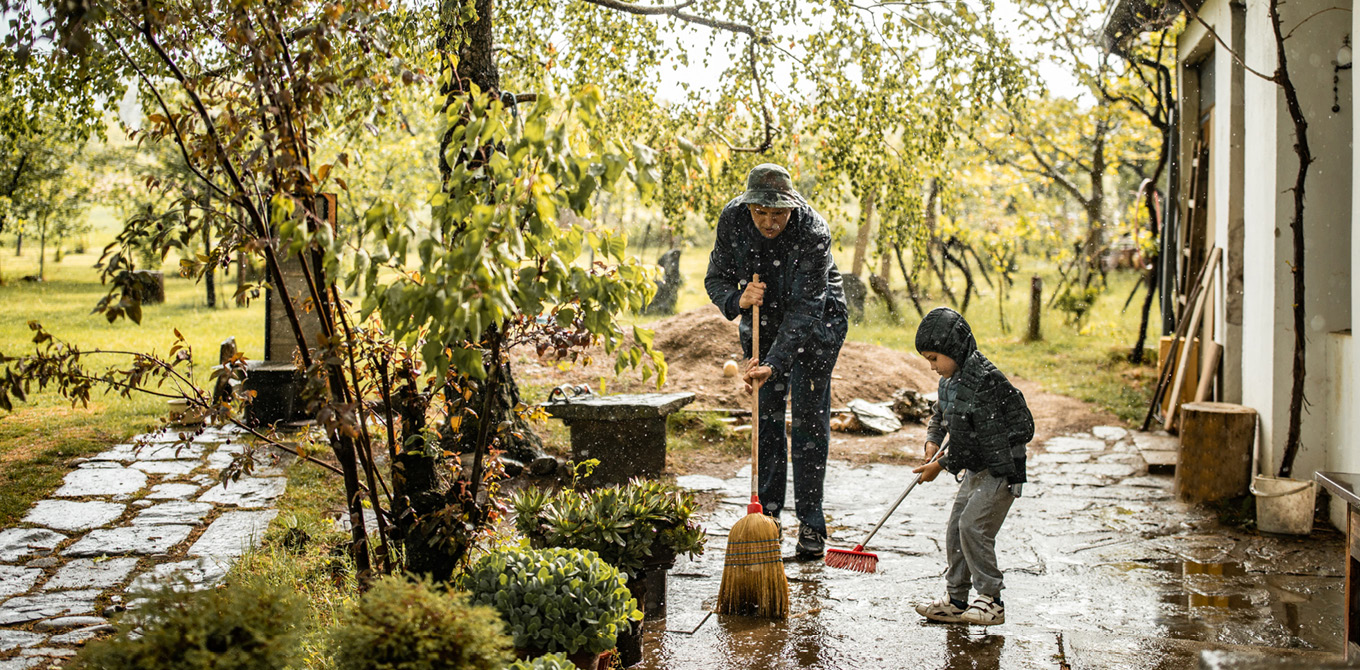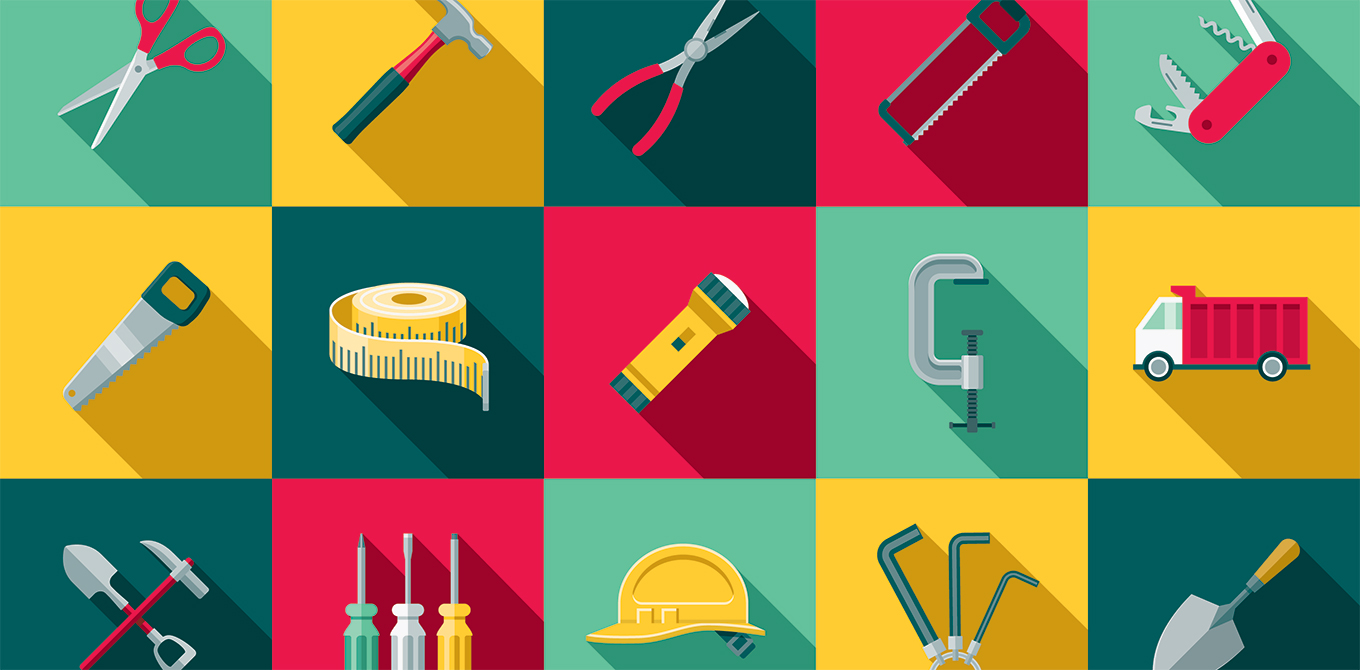How homeowners can prepare financially for a natural disaster
According to Climate.gov., the severity of national disasters is on the rise. There were 22 separate billion -dollar weather and climate disasters across the United States in 2020. These events cost the nation a combined $95 billion in damages, in many geographies that have been previously unaffected by severe weather.
But weathering a hurricane, nor'easter, or other natural disaster can be less stressful when you've prepared beforehand. A lot of prep time goes into getting your home physically ready — boarding up windows, stocking up on food and water, fueling your generator—but it's just as important to ensure that your financial house is in order.
10 steps to help you prepare
As you create your emergency plan, be sure to add these financial tasks to your list.
1. Have a stash of cash on hand
When a natural disaster causes power outages, you may not be able to buy groceries or gas with your debit or credit card. Keep $300 to $500 in cash in small bills to cover essentials just in case there's a disaster-related blackout. Make sure you store the extra cash in a safe location, such as a waterproof or fireproof safe so that you can access it.
2. Top off your emergency fund
An emergency fund is essential if a natural disaster forces you to evacuate to a hotel for a week or two, or you must relocate temporarily because your home is damaged. At a minimum, aim to have three to six months' worth of living expenses tucked away in a liquid savings account that's linked to your checking account for easy access.
3. Protect financial and legal documents
Round up all your most important financial documents and store them in a safe deposit box at your bank or in a waterproof or fireproof safe that you can take with you if you need to evacuate.
- Social Security cards, birth certificates, and passports
- Insurance policies, deeds and titles to your property
- Bank statements including investment or retirement accounts
- Tax returns
4. Create a home inventory
Go through your home room by room and create a detailed list (and take pictures) of everything you own. Do the same for your garage, storage shed, and the exterior of your home. This can make filing an insurance claim for damages easier since you won't have to guess at what was located where.
5. Review your homeowner's and car insurance
Homeowner's insurance can cover certain types of disaster-related damage, including wind damage, but it doesn't cover everything. Flood damage, for instance, is typically only covered if you have a separate flood policy. Check your policy and reach out to your insurance agent to find out exactly what is and isn't covered in a disaster. Do the same with your car insurance policy.
6. Review your monthly bills
Automating bill payments ahead of a natural disaster can keep bills from slipping through the cracks and triggering late fees. It's also smart to jot down phone numbers for all your creditors, including your mortgage and credit card companies. Contact them to determine whether they have hardship programs that allow you to defer payments temporarily following a disaster.
7. Sign up for free credit monitoring
Natural disasters can bring an uptick in identity theft and fraud. Enrolling in free credit monitoring services can help you keep track of any new changes to your credit report, which could signal suspicious activity. You can also check your credit report for free through AnnualCreditReport.com.
8. Learn to spot disaster scams
Following a disaster, scammers may be out in droves. They can show up in person, posing as contractors or insurance adjusters, or hit your inbox with phony charitable donation requests or phishing scams. Familiarizing yourself with the most common types of disaster-related scams can help you protect your finances before, during, and after the storm.
9. Prepare an emergency contact list
Besides your mortgage or credit card company, there are some other important numbers to keep on hand in case of a natural disaster. Those include your home and car insurance companies, your financial advisor, and your bank so you can get in touch with them if and when you need to.
10. Consider a mail hold
If you receive paper statements for your bank, credit card, or investment accounts, or paper checks, you may want to place a hold on your mail via USPS.com or your local post office. It can keep mail from getting lost if a disaster disrupts mail service or from piling up in your mailbox if you have to be away from home.




